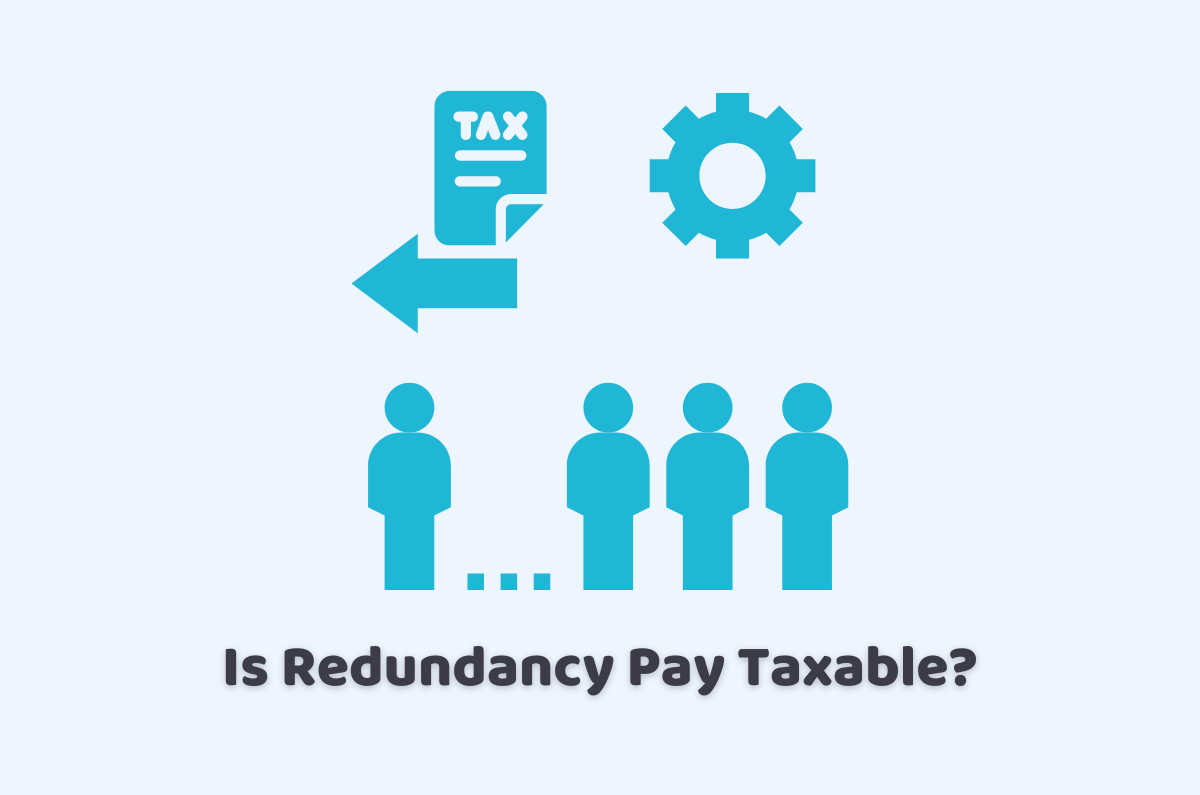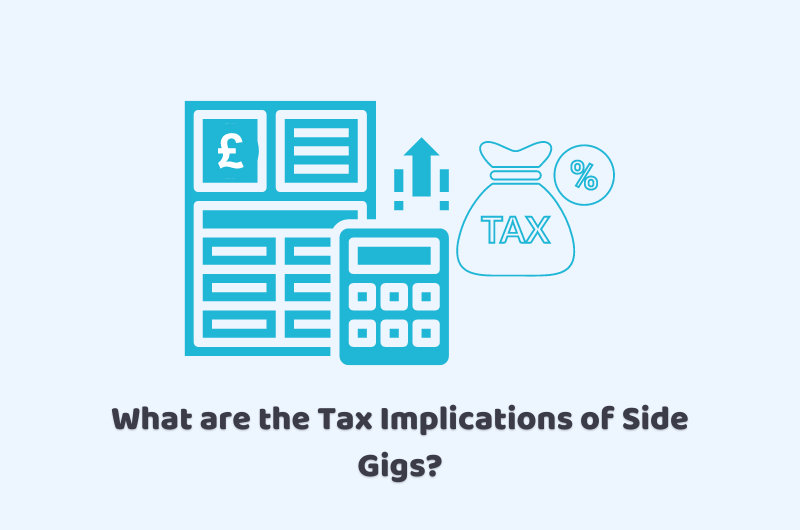
08/05/2024tax , Tax Issues , Tax News and Tips , Tax Saving Tips
Is redundancy pay taxable? In the UK, redundancy pay is governed by a complex set of rules and regulations, aiming to balance the needs of both employees and employers. As we delve into this discussion, we will unravel the intricacies of redundancy pay. Including eligibility criteria, calculation methods, taxation implications, notice periods, and payment timelines. Empowering you with the knowledge and insights necessary to navigate the often-challenging landscape of redundancy pay in the UK.
Get in touch with our young, clever, and tech-driven professional accountants if you want to choose the best services.
What is Redundancy pay?
Redundancy pay in the UK is a payment made to an employee when they are made redundant. This payment is based on the employee’s age and length of service with their employer. To qualify for redundancy pay, an employee must have been employed by their employer for at least two years continuously.
They must also be an employee and not a self-employed person or contractor. Redundancy pay is calculated based on an employee’s age and length of service with their employer. The payment is made up of several weeks’ pay, with the number of weeks depending on the employee’s age and length of service.
Types of Redundancy Pay
There are two types of redundancy pay: statutory redundancy pay and contractual redundancy pay. Redundancy pay is usually made on the date an employee leaves their job, or on an agreed date soon after. The employer must tell the employee in writing how the redundancy pay was calculated and when they will receive the payment.
If an employer doesn’t pay redundancy pay, an employee can take steps to get their pay. They can start by writing to their former employer, then use early conciliation through Acas, and finally take their employer to a tribunal.
Is Redundancy Pay Taxable?
The good news is that the first £30,000 of redundancy pay is tax-free! This is a statutory exemption, meaning it’s a fixed amount that’s not subject to income tax. Any other ex gratia payments made by your employer.
However, any amount above £30,000 is subject to income tax. This includes any additional payments made by your employer, such as pay instead of notice, holiday pay, or bonuses. You may want to consult a tax advisor or financial expert to ensure you understand how your redundancy pay will be taxed. Additionally, your employer should provide you with a breakdown of your redundancy pay, including any tax deductions made.
What About the Notice Period in this Regard?
When you’re made redundant, you’ll typically receive a notice period, which is a specified amount of time before your employment officially ends. During this time, you’ll usually continue to work and receive your normal pay and benefits.
However, in some cases, your employer might decide to pay you PILON. This means they’ll pay you a sum of money instead of requiring you to work out your notice period. This payment is usually equivalent to the amount you would have earned during the notice period.
Here’s the important part: PILON is taxable as earnings, unlike the tax-free redundancy pay. This means you’ll pay income tax and National Insurance Contributions (NICs) on the PILON amount. Your employer will usually deduct these taxes before paying you the PILON.
When Will You Receive Redundancy Pay?
You’ll typically receive redundancy pay when your employment ends due to redundancy. This can happen in various scenarios, such as:
- Your employer goes bankrupt or enters administration
- Your job is no longer needed due to business changes or restructuring
- Your employer offers voluntary redundancy as part of a restructuring process
The timing of redundancy pay varies depending on your employer and the specific circumstances. Usually, you’ll receive redundancy pay:
- On your last day of work
- Within a few days or weeks after leaving the company
- As part of a settlement agreement
If you’re eligible for statutory redundancy pay, your employer must pay it within:
- 14 days of your last day of work (if you’re paid weekly)
- 28 days of your last day of work (if you’re paid monthly)
If you’re receiving contractual redundancy pay, the payment timeline will depend on your employment contract or settlement agreement. Your employer may pay it:
- Immediately
- Within a specified timeframe
- In instalments
In some cases, there might be delays in receiving your redundancy pay. This could be due to:
- Administrative errors
- Disputes over payment amounts
- Employer insolvency
If you’re experiencing delays or issues with receiving your redundancy pay, you can:
- Contact your former employer or HR department
- Seek advice from a trade union or employment lawyer
- File a complaint with the Employment Tribunal
Remember, understanding when you’ll receive redundancy pay is crucial during a difficult time. Be aware of your rights and don’t hesitate to seek help if you encounter any issues.
The Bottom Line
In conclusion, is redundancy pay taxable, redundancy pay is a vital safety net for employees facing job loss due to redundancy. Understanding the intricacies of redundancy pay. Including eligibility, calculation, taxation, notice periods, and payment timelines, is essential for both employees and employers. While the process can be complex and emotionally challenging.
Knowing your rights and responsibilities can help navigate this difficult time. Remember, redundancy pay is not just a financial cushion but also a recognition of your service and dedication to your employer.If you’re facing redundancy, don’t hesitate to seek guidance from HR, trade unions, or employment experts to ensure you receive the redundancy pay you’re entitled to.
Reach out to one of our professionals to get to know about your tax liabilities in the UK for your earnings. Get in touch and you will be provided instant professional help!
Disclaimer: The information about redundancy pay taxable provided in this blog includes text and graphics of a general nature. It does not intend to disregard any of the professional advice.


